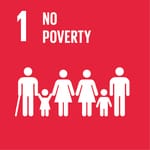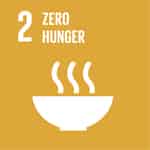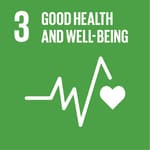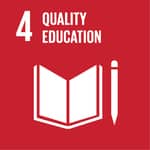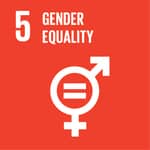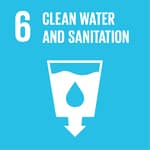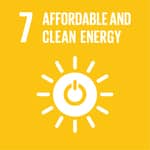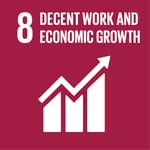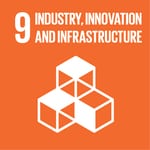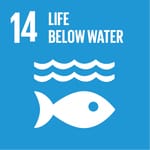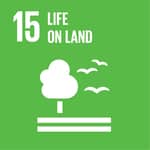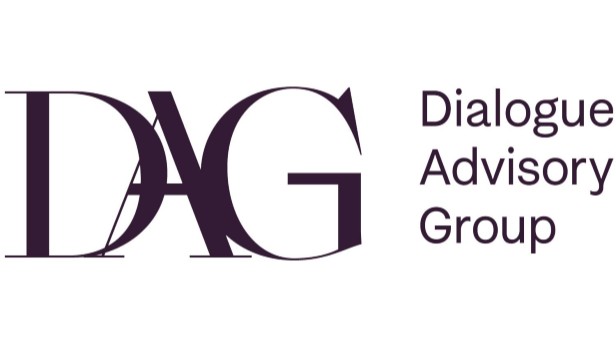The primary goal is to “move governments to negotiate a nuclear weapons convention (a global treaty to prohibit and eliminate nuclear weapons). However, in 1995 we recognised that it would take some time to move governments to negotiate and implement such a treaty.” As such, it also has a number of interim measures including:
- A pledge by governments not to use or threaten to use nuclear weapons;
- Negotiation of a treaty to ban nuclear tests;
- A nuclear weapons freeze, i.e. no new nuclear weapons systems;
- A ban on the production of weapons-usable radioactive materials;
- Monitoring of all nuclear facilities and establishment of an international registry of all weapons-usable radioactive materials;
- Creation of additional nuclear weapon free zones;
- Affirmation of the illegality of threat or use of nuclear weapons publicly and through the International Court of Justice;
- Establishment of an international renewable energy agency;
- Ensuring the participation of civil society in the process of nuclear disarmament.
It’s network consists of >2000 organizations in > 90 countries working for a treaty to eliminate nuclear weapons within a time-bound framework. The Global Council (governance) and the Coordinating Committee (activities & publications) are appointed by the Annual General Meeting.
Working groups:
- 2018 UN High Level Conference on Nuclear Disarmament – Aims “to build civil society, parliamentary and government support for the 2018 UN High Level Conference on Nuclear Disarmament, and to influence the agenda and ensure success.”
- Nuclear risk reduction– Promotes “measures to reduce the risks of nuclear weapons being used and to lower the role of nuclear weapons in security doctrines. These include de-alerting, eliminating launch on warning, lowering threat postures and adopting policies of no-first-use and/or sole purpose.”
- Depleted Uranium – Gathering and disseminating information and health data on the toxic effects of depleted uranium to human well-being and the environment. Calling for an end to the use of depleted uranium in weapons systems.
- Economic Dimensions of Nuclearism – Shares information and ideas about the scale and the nature of the economic impact of nuclear weapons, and about ways to challenge decision-makers in both public and private sectors.
- Fissile Materials – Supports “the adoption of a fissile material treaty. Compiling a ‘shadow inventory’ of nuclear materials worldwide in lieu of the accounting for these materials which governments have so far failed to provide.”
- ICAN Nuke U – “Using the momentum and normative value of the ban treaty to advance nuclear disarmament in nuclear-armed and other nuclear-reliant States.”
- Indigenous Peoples’ Issues – Serves “as a forum for the exchange of information, research and news on nuclear issues affecting indigenous communities across the globe.”
- Interfaith – Brings “different religious and spiritual communities together to highlight the immorality of nuclear weapons and the responsibility of faith-based communities to work for peace, cooperative security and a nuclear-weapon-free world.”
- International Law – Aims to”raise the profile of International Humanitarian Law (IHL), laws of peace and security, environmental law, human rights law, rights of future generations and other sources of law applicable to nuclear weapons.”
- Mayors for Peace – Tries to engage “mayors around the world in Mayors for Peace and encouraging them to participate in campaign actions for a nuclear-weapons-free world.”
- Moving Beyond Missile Defense and Space Weapons – Reports “on developments in missile technology and deployment, and the implications for security and nuclear disarmament.”
- Nuclear Weapons Convention – Promotes “consideration of and negotiations towards a Nuclear Weapons Convention (NWC), which would prohibit the development, production, testing, stockpiling, transfer, use and threat of use of nuclear weapons and provide for their elimination.”
- Nuclear Weapon Free Zones – Supports existing regional free zones and promotes the establishment of additional ones in the Arctic, Europe, Middle East and North East Asia.
- Nukes Out of Europe – Comprised of NGOs working in NATO countries advocating the removal of the US nuclear weapons from Europe.
- Parliamentary Outreach – Aims to enroll legislators/parliamentarians in Parliamentarians for Nuclear Non-proliferation and Disarmament and to join PNND initiatives and actions.
- Radiation / Health Effects – A network of experienced health workers, scientists, physicians, activists, and other experts on radiation effects, gathering information and issuing reports and documents on the truth about the toxic legacy of the nuclear age.
- Sustainable Energy – Successfully advocated for the establishment of an International Renewable Energy Agency. Now working to promote the further development and use of safe, renewable energy sources to replace nuclear energy and fossil fuels.
- Weapons and Nuclear Power in Space – Education, direct action and campaigns to prevent space weaponizations and the use of nuclear power in space, and to keep space for peaceful purposes.
- Youth Fusion – A youth network that provides a forum for networking and building cooperation between various youth-led nuclear disarmament initiatives and acts as a bridge between youth and other Abolition 2000 actions and initiatives.
Publications:
- News
- Annual reports
- A small library of minutes, statements, brochures, and Webinars


